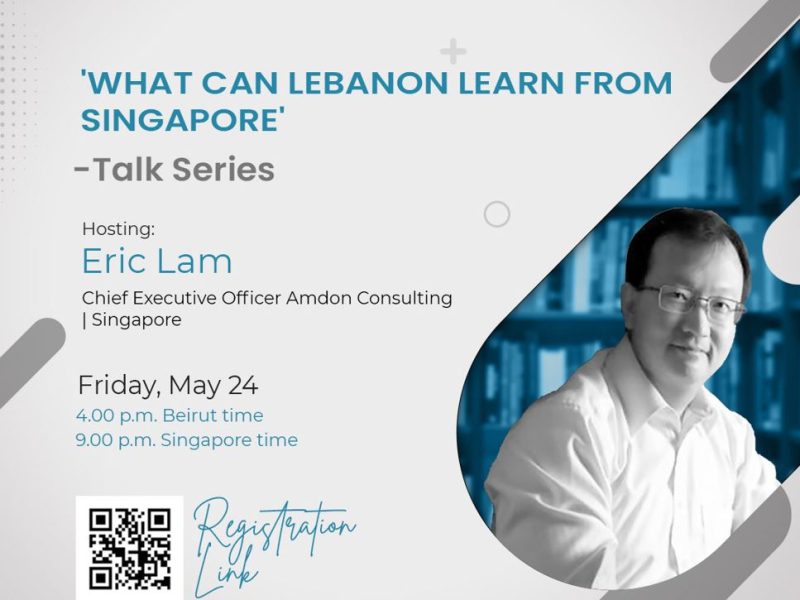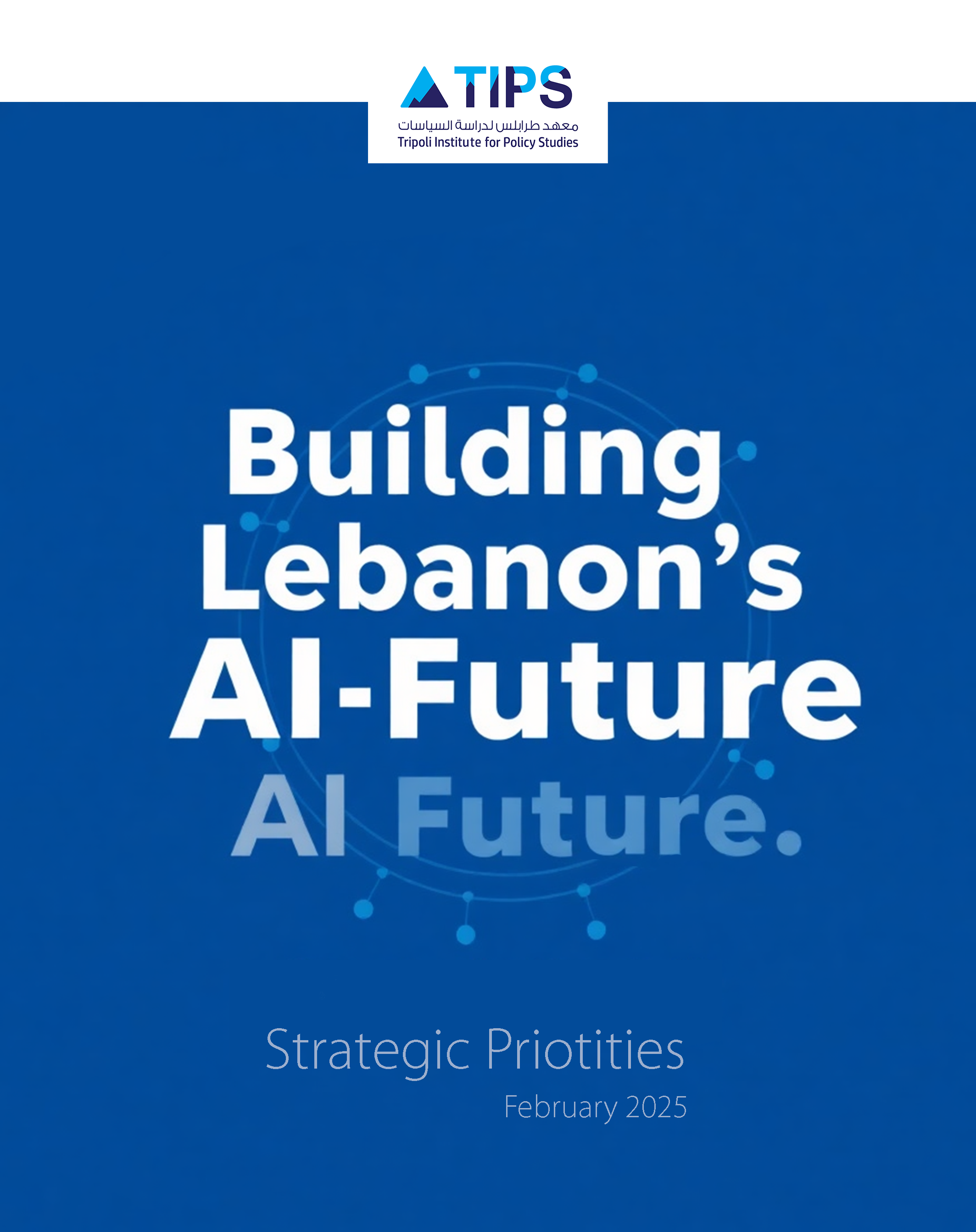Projects & Activities
At Tripoli Institute for Policy Studies, we are committed to making a positive impact in society through various projects and initiatives. Our work encompasses critical areas of social and economic development, anti-corruption efforts, and knowledge-sharing events such as workshops, webinars, and seminars.
Fighting Corruption Initiatives
Our fighting corruption initiatives at Tripoli Think Tank are aimed at promoting transparency and accountability in Tripoli and Akkar regions. Through extensive interviews and meticulous analysis of news reports, we have reviewed and summarized corruption cases that have occurred in Tripoli over the past decade. This comprehensive research forms the foundation of our efforts to develop a robust legal framework, empowering stakeholders in society to actively combat corruption. In addition to our legal framework, we recognized the importance of raising public awareness about this critical issue. To achieve this, we orchestrated a dynamic social media campaign, reaching a broad audience and fostering a collective commitment to rooting out corruption.
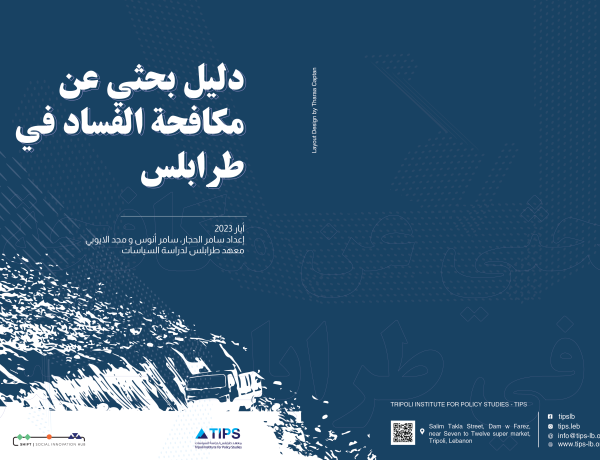
White Paper Tripoli
Executive Summary
The efforts of more than 10 political activists from Tripoli to identify corruption cases in their region are reported and the major themes and aspirations that have emerged from four roundtables conducted over the course of two months are summarized. The views of two experts who participated in the roundtables were used to clearly understand the challenges facing the work of the activists and the context they are operating in.
The paper also reviews and summarizes corruption cases in Tripoli through interviews and analyses of news reports covering corruption cases in Tripoli in the last 10 years. The major cases that were highlighted: Tripoli’s Landfill, Recycling Facility and the Waste Water Treatment Plant.
Finally, recommendations for advocacy and future action plans are provided to ensure the sustainability of the initiative.
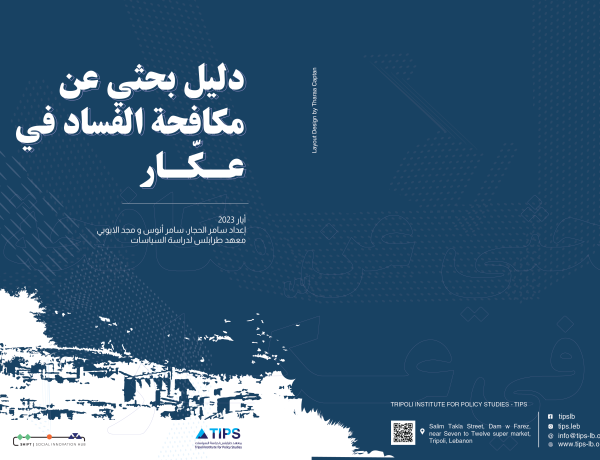
White Paper Akkar
Executive Summary
The efforts of more than 10 political activists from Akkar to identify corruption cases in their region are reported and the major themes and aspirations that have emerged from four roundtables conducted over the course of two months are summarized. The views of two experts who participated in the roundtables were used to clearly understand the challenges facing the work of the activists and the context they are operating in.
The paper also reviews and summarizes corruption cases in Akkar through interviews and analyses of news reports covering corruption cases in Tripoli in the last 10 years. The major cases that were highlighted: unauthorized occupation of public and awkaf land, waste of public money by municipal officials, ministries and CDR, smuggling activities protected by officials and politicians, and environmental crimes covered by politicians.
Finally, recommendations for advocacy and future action plans are provided to ensure the sustainability of the initiative.
Social Media Campaign
Abou Nazmi is tracking a group of people, but who are they? And why is he following them? What is Abou Nazmi's role here?
CREDITS:Videography: @tharaa_captan
Script, Storyboard and Puppeteering: @rashed_ronin_bshennaty
Idea and Editing: Tharaa Captan & Rashed Bshennaty
Puppet made by: @srur.red.hats
The Tripoli Institute for Policy Studies (TIPS), in collaboration with the SHIFT Association, organized a training course on the legal framework for combating corruption in Lebanon. The course was delivered by trainee lawyer Majd Ghaleb Al-Ayoubi and was attended by around 25 young men and women at the Tripoli Bar Association. The course consisted of four training sessions that covered anti-corruption laws in Lebanon, the National Anti-Corruption Strategy in Lebanon (2020-2025), and the United Nations Convention against Corruption, to which Lebanon became a party in 2009. The sessions also included explanations of the Access to Information Law (Law 28/2017), the Law on the Protection of Whistleblowers (Law 83/2018), the Law on Financial Disclosure and Punishment of Illicit Enrichment (Law 189/2020), and the role of the National Anti-Corruption Commission in implementing these laws. During the training sessions, Dr. Samer Anous shared with the participants the recommendations from the research guide on combating corruption prepared by the institute in 2023. Investigative journalist Jana Dhaybi was also invited to speak about the important role of journalism and journalists in the fight against corruption.
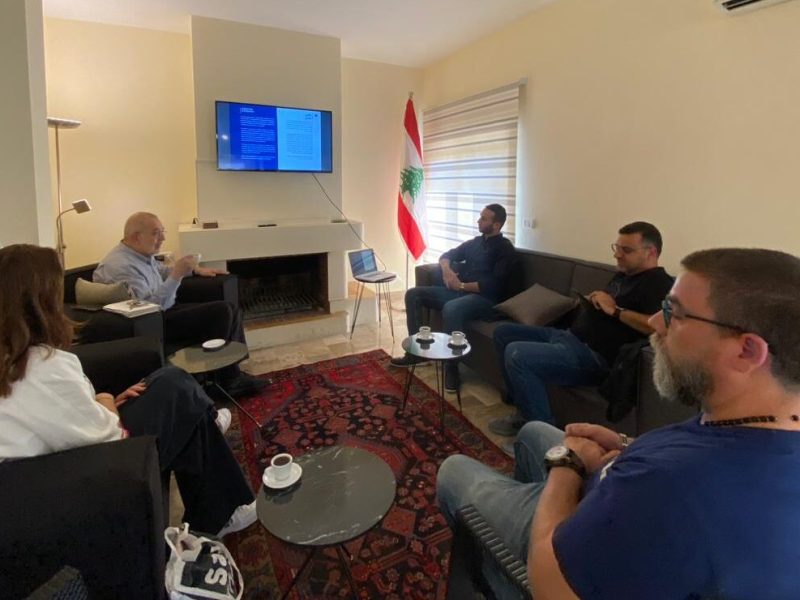
Social and Economic Development Projects
Our initiatives included an advocacy campaign to establish the Tripoli Special Economic Zone, which aimed to attract investments, create job opportunities, and bolster economic growth in the region. Additionally, we conducted comprehensive social stability research projects, engaging with local communities and stakeholders to gain insights into the factors influencing social environments in Tripoli. Through these research efforts, we provided actionable recommendations to stakeholders, including government entities and community leaders, to foster a more stable and harmonious society. Another significant project focused on assessing local social stability mechanisms in El Mina, where we sought to identify existing strengths and areas for improvement in the community's social fabric.
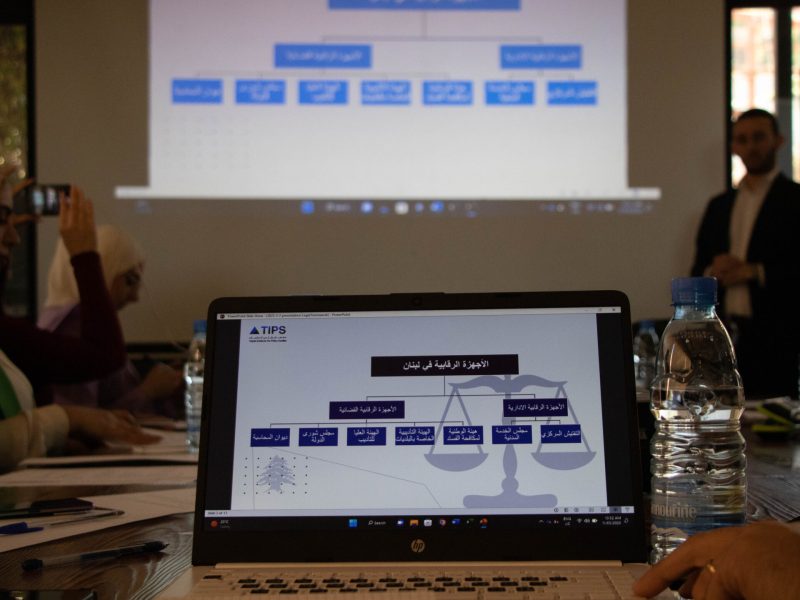
Workshops
We organize and conduct a series of workshops focusing on public policy research and legal matters. These workshops bring together experts, policymakers, and stakeholders to delve into critical issues and explore innovative solutions. The public policy research workshops provide a platform for in-depth discussions on topics ranging from social welfare to economic growth, allowing participants to gain a deeper understanding of policy implications. Our legal workshops address pertinent legal challenges, providing participants with valuable insights and strategies to navigate the complex legal landscape effectively.
